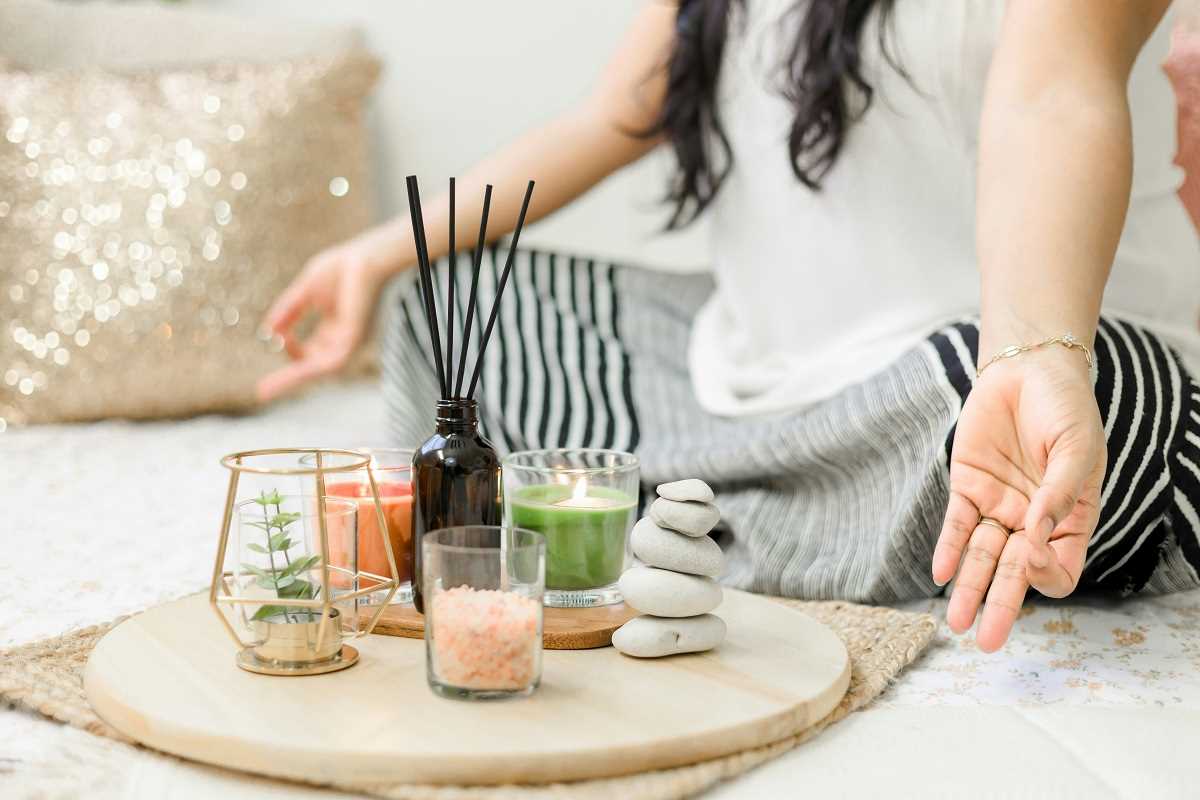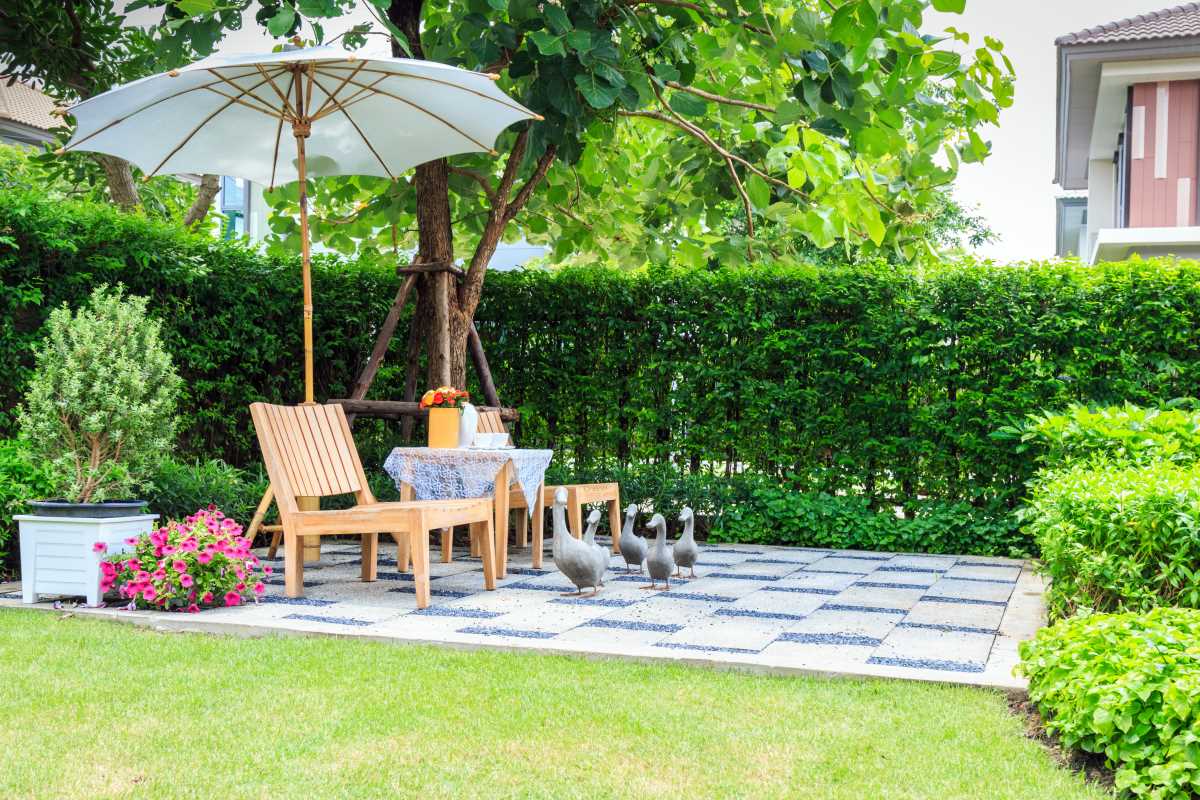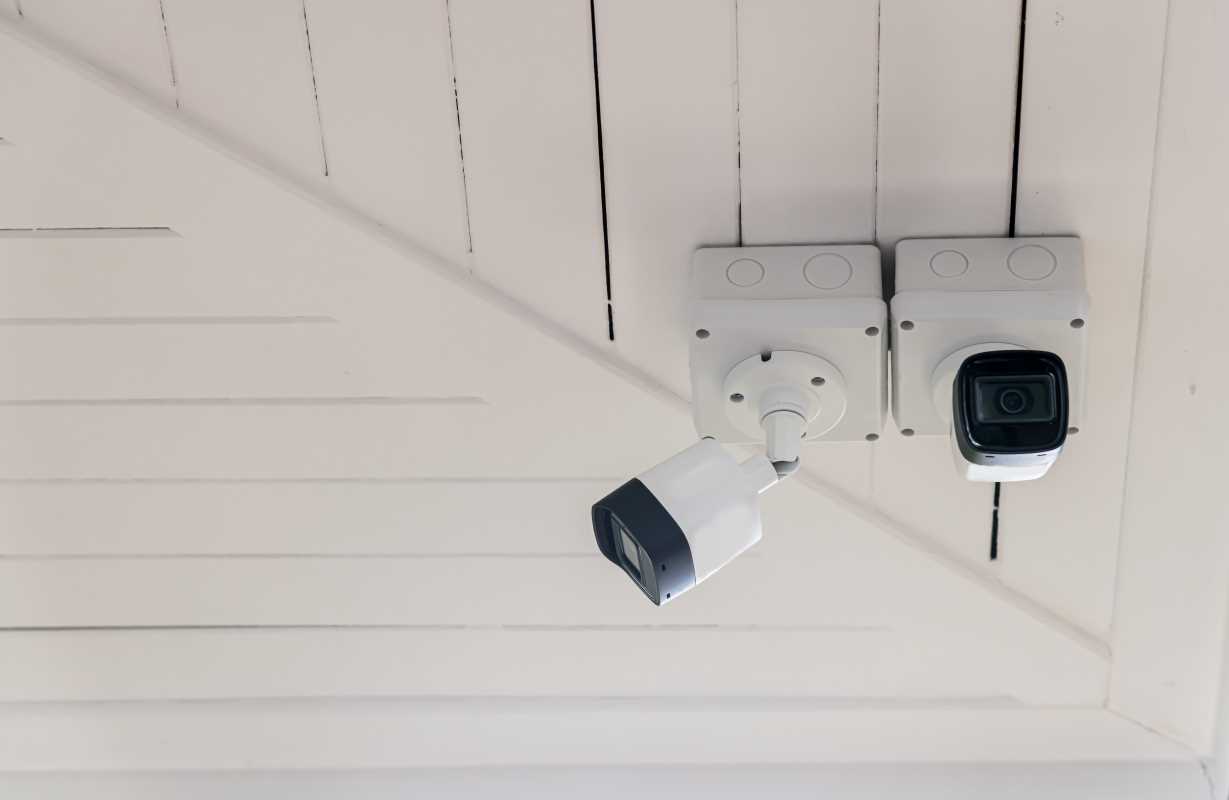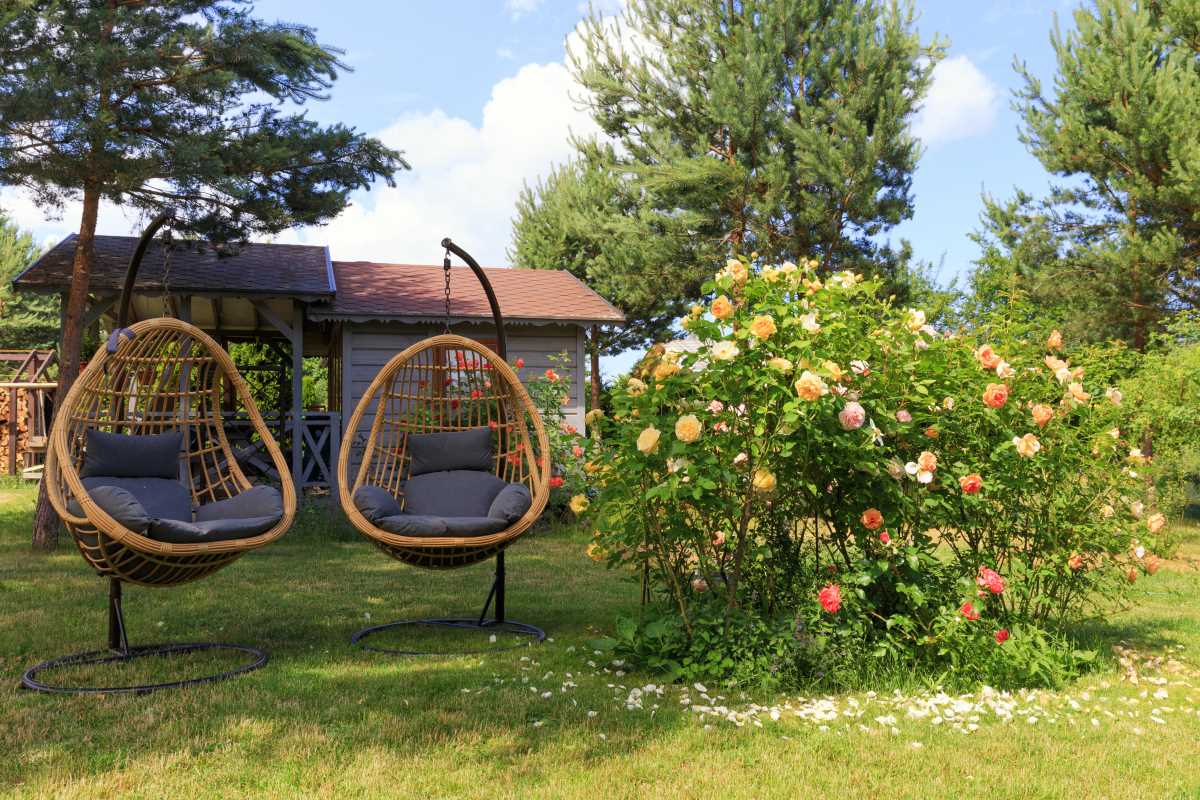Remaking a tiny corner of your city apartment into a Zen meditation area might seem challenging, but with a few thoughtful adjustments, you can create a serene retreat right at home. Whether you’re new to meditation or looking to improve your existing practice, setting up a dedicated space can significantly enhance your experience.
Living in a bustling city often means dealing with limited space and constant noise, making it essential to carve out a peaceful nook where you can unwind and reconnect with yourself. Let’s walk through the steps to establish a tranquil meditation space, even in the heart of the urban jungle.
Assessing Your Space
- Identify quiet areas in your apartment, such as corners of a bedroom or a section of your living room.
- Consider natural lighting and ventilation, as these elements contribute to a calming environment.
- Evaluate the amount of space you have and how you can best utilize it without causing clutter.
- Take note of existing furniture and décor that you can repurpose or need to relocate.
- Think about the privacy of the space, ensuring it’s a place where you can meditate without interruptions.
Choosing Essential Elements
Selecting the right elements is crucial for creating a functional and inviting meditation area. Start with comfortable seating—this could be a cushion, a folding chair, or even a low bench. The key is to have a place that allows you to sit comfortably for extended periods.
Next, consider adding a small altar or a shelf to hold items that inspire you, such as candles, incense, or meaningful decor pieces. These elements help in setting the intention and enhancing the overall ambiance of your meditation space.
Incorporating Zen Design Principles
- Embrace simplicity by decluttering the area and keeping only essential items to maintain a clean space.
- Focus on natural materials like wood, bamboo, and stone to bring a sense of nature indoors.
- Use neutral colors such as whites, beiges, and soft grays to create a soothing backdrop.
- Incorporate soft lighting through lamps or candles to create a warm and inviting atmosphere.
- Enhance the area with subtle textures and patterns that promote relaxation and mindfulness.
- Create a meditation nook that reflects Nordic minimalism for a clean and balanced aesthetic.
Maximizing Small Spaces
When working with limited space, every square inch counts. Utilize multi-functional furniture that can serve dual purposes, such as storage ottomans or shelves that double as display areas. Vertical storage solutions are also effective, allowing you to keep essentials within reach without taking up valuable floor space.
Lighting plays a significant role in defining your meditation space. Opt for adjustable lighting options that let you control the brightness and create the right mood for your practice. Mirrors can also work strategically to make the area feel larger and more open.
Creating a Calming Atmosphere
The atmosphere of your meditation area should evoke peace and tranquility. Incorporate elements like indoor plants to purify the air and add a touch of nature. Soft textiles, such as rugs and throws, can provide comfort and warmth, making the space more inviting.
Sound is another important factor. Consider using a small fountain or a speaker to play gentle sounds like water flowing or soft instrumental music. Aromatherapy can also enhance the calming effect—essential oils like lavender or sandalwood can be diffused to create a pleasing scent that aids relaxation.
Personalize your space with items that inspire you, such as artwork, crystals, or personal mementos. These touches make the area uniquely yours and can serve as focal points for your meditation sessions.
Creating a Zen meditation area in your small city apartment revolves around intentionality and thoughtful design. By assessing your space, choosing the right elements, incorporating Zen principles, maximizing your space, and crafting a calming atmosphere, you can establish a peaceful retreat that enhances your daily life. Start small, stay consistent, and watch as your personal sanctuary transforms your meditation practice and overall well-being.
 (Image via
(Image via





